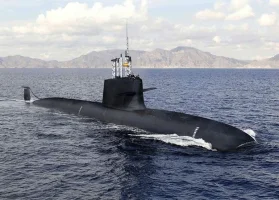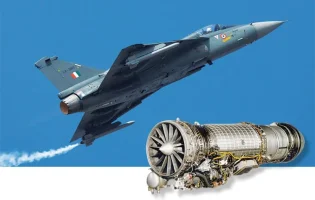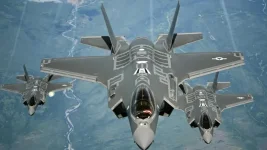- Views: 4K
- Replies: 37
Lockheed Martin, the world's leading defence contractor, is stepping up its efforts to secure a deal with the Indian Air Force (IAF) for its advanced F-16 variant, known in India as the F-21 or F-16 Dash V.
In a significant proposal, the company has committed to establishing a production line in India capable of manufacturing three to four F-21 jets per month if India chooses this fighter.
This production promise holds particular appeal for the IAF, which is currently facing a shortfall in its fighter squadrons.
With only 29-30 operational squadrons compared to the required 42, the IAF is actively seeking ways to bolster its combat air power to effectively secure its borders with both Pakistan and China.
Lockheed Martin's proposal could enable India to add 36 to 48 new aircraft to its fleet annually, significantly addressing this pressing need.
The F-21, specifically tailored for the IAF, offers a range of advanced technologies to enhance India's defence capabilities.
It boasts significant upgrades over the traditional F-16, including an advanced Active Electronically Scanned Array (AESA) radar, enhanced electronic warfare capabilities, and a modernized cockpit with displays similar to those found in fifth-generation fighters.
Furthermore, Lockheed Martin is pitching the F-21 as part of a broader industrial cooperation plan. This includes not just the aircraft itself, but also technology transfer, local manufacturing, and integration into the global F-16 supply chain.
This approach aligns with India's "Make in India" initiative and its ambition to become self-reliant in defence production.
By offering a combination of advanced technology, rapid production capabilities, and industrial cooperation, Lockheed Martin is presenting a compelling case for the F-21 to the IAF.
The potential to quickly address the IAF's fighter squadron shortfall, while also boosting India's domestic aerospace industry, makes this proposal a significant development in India's pursuit of modernizing its air power.



